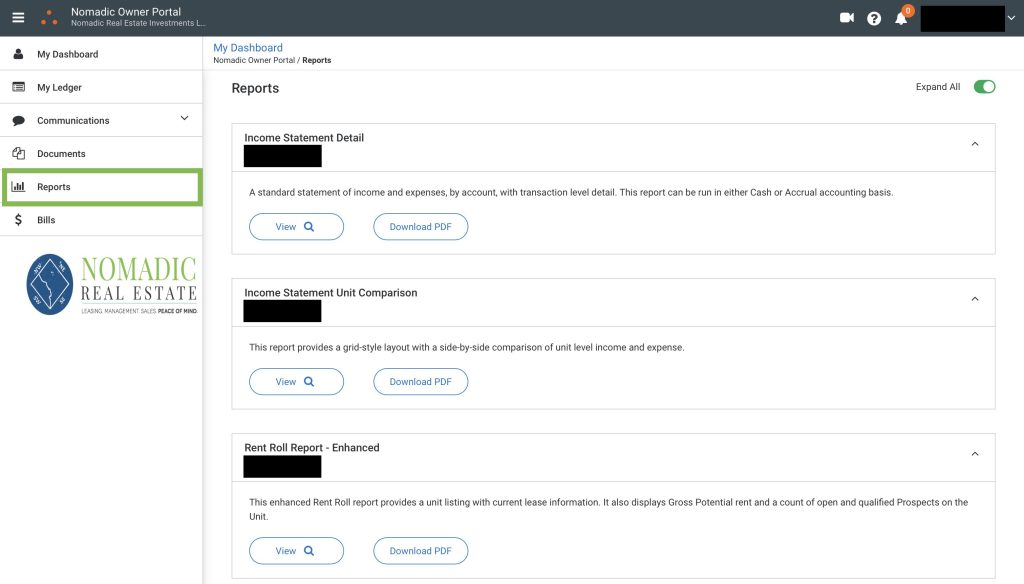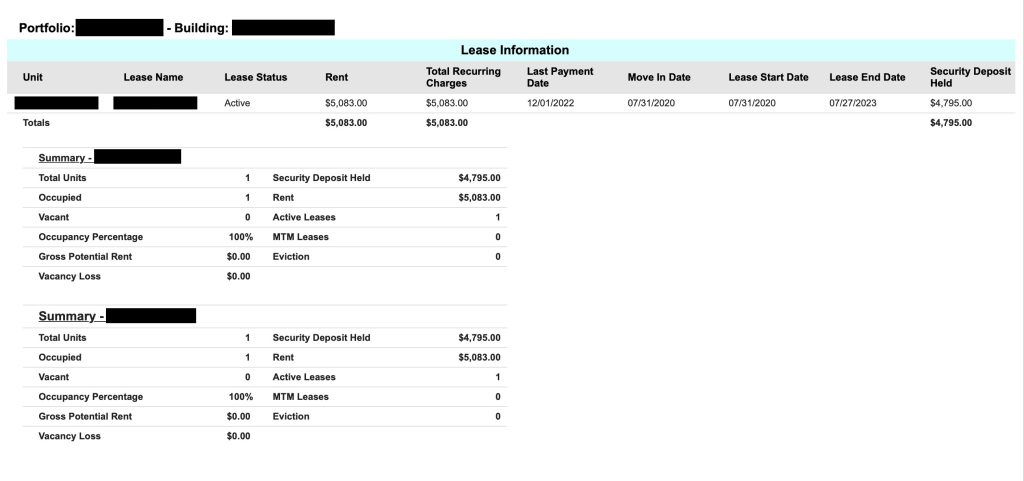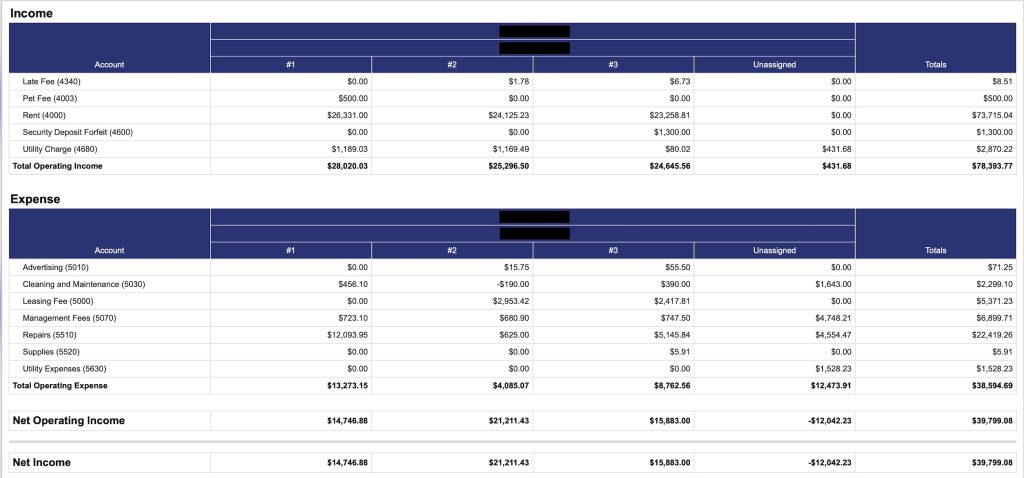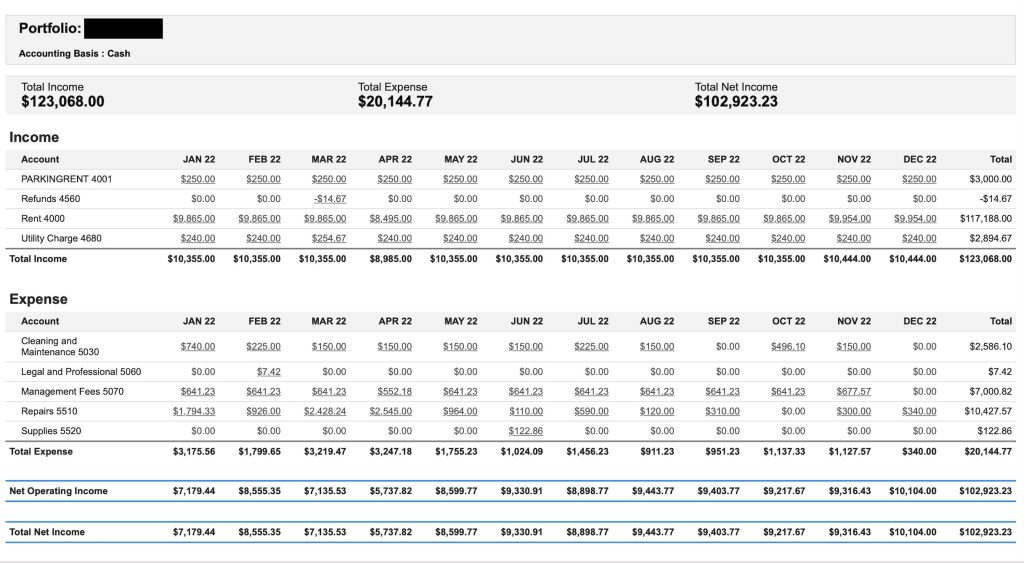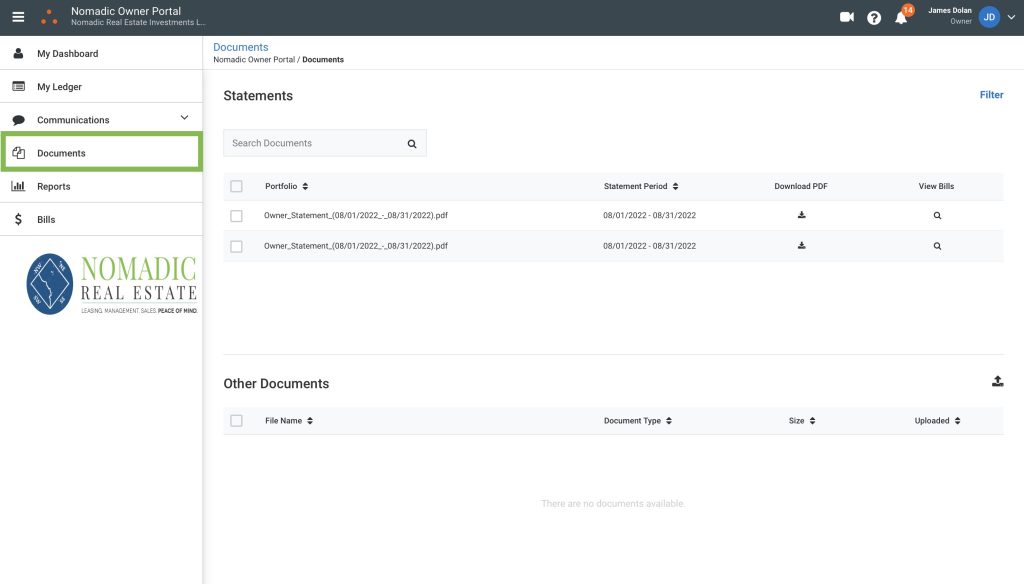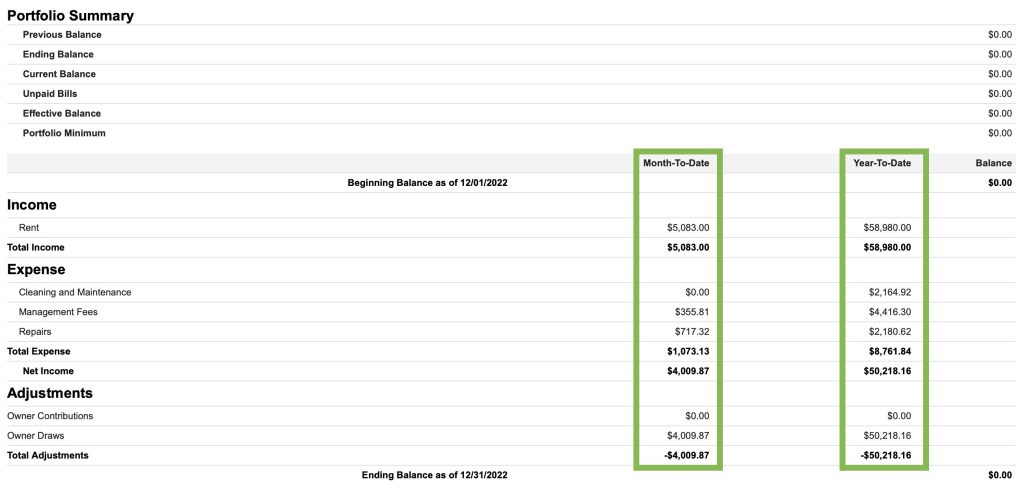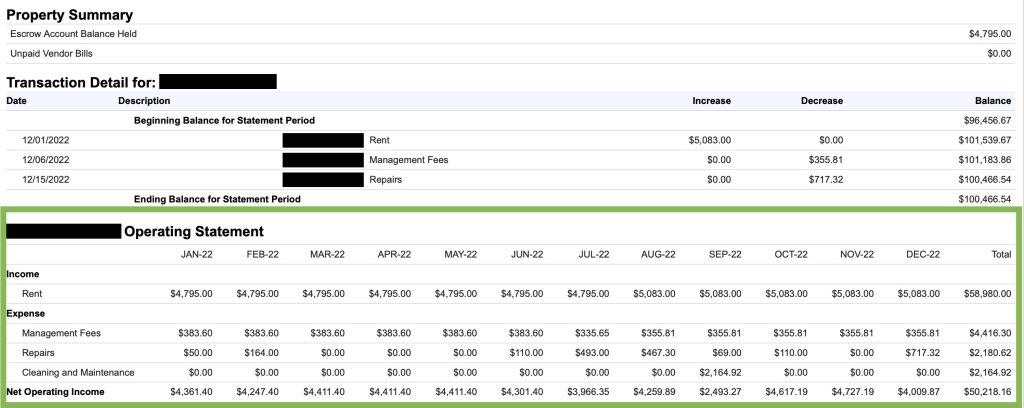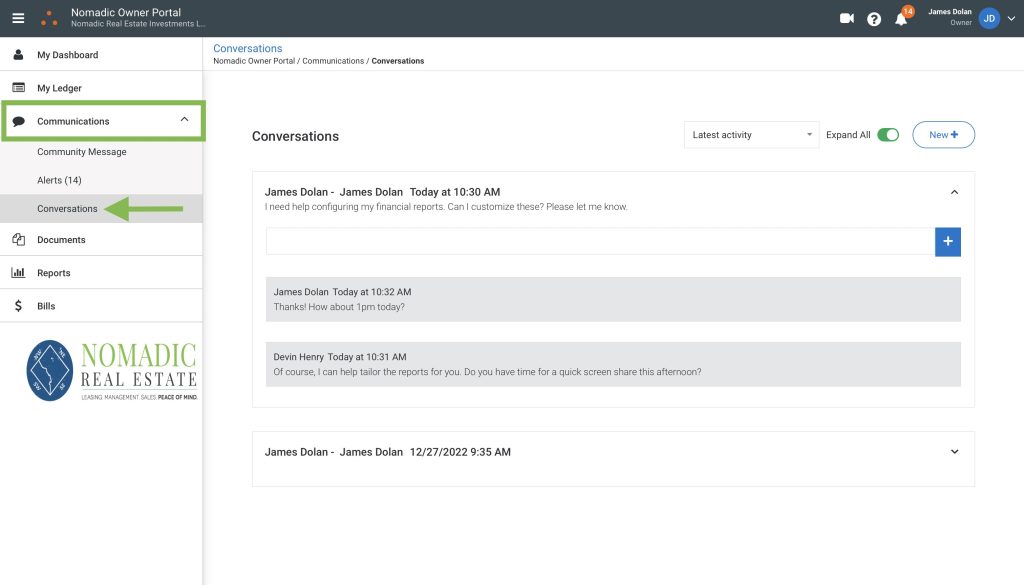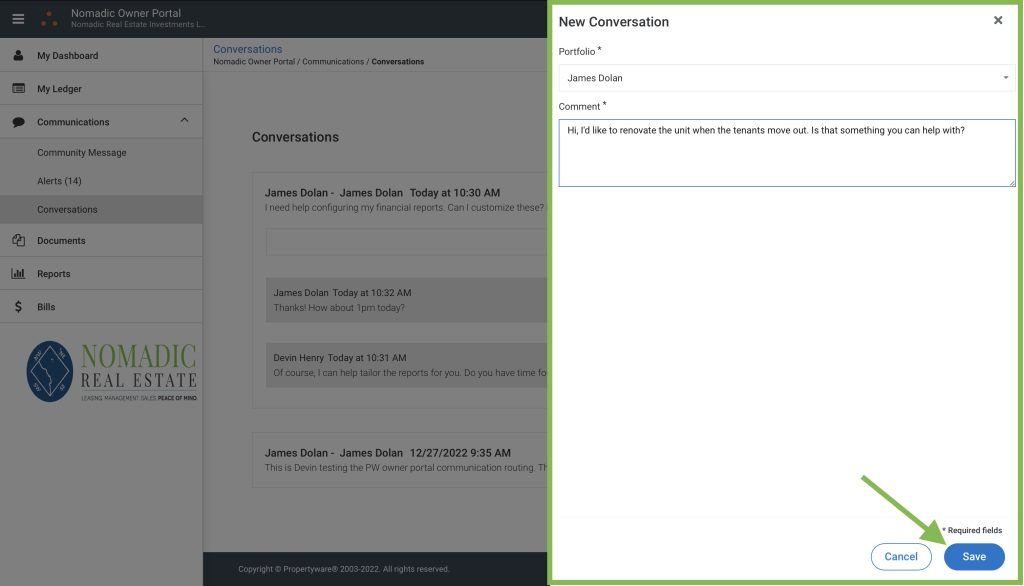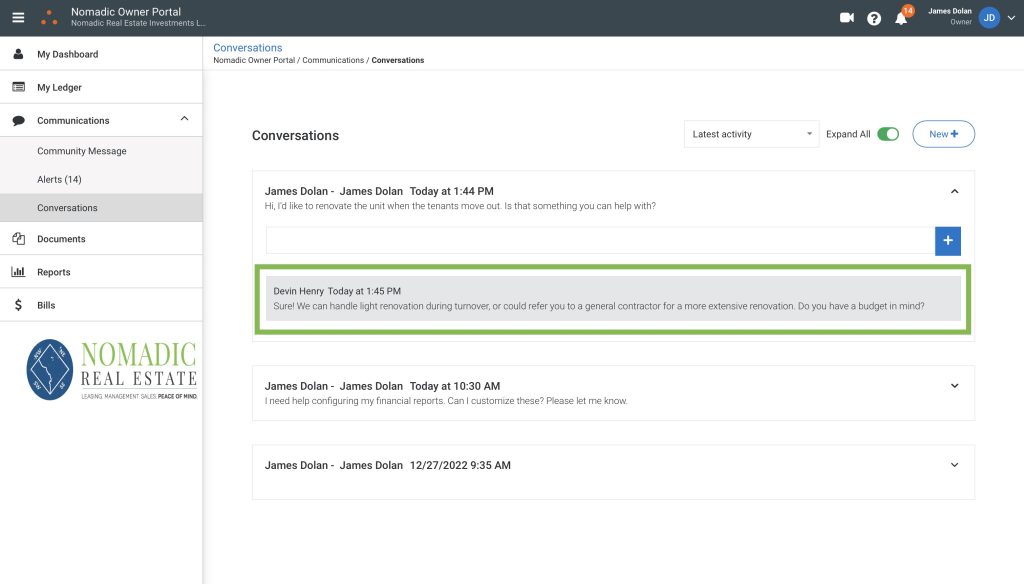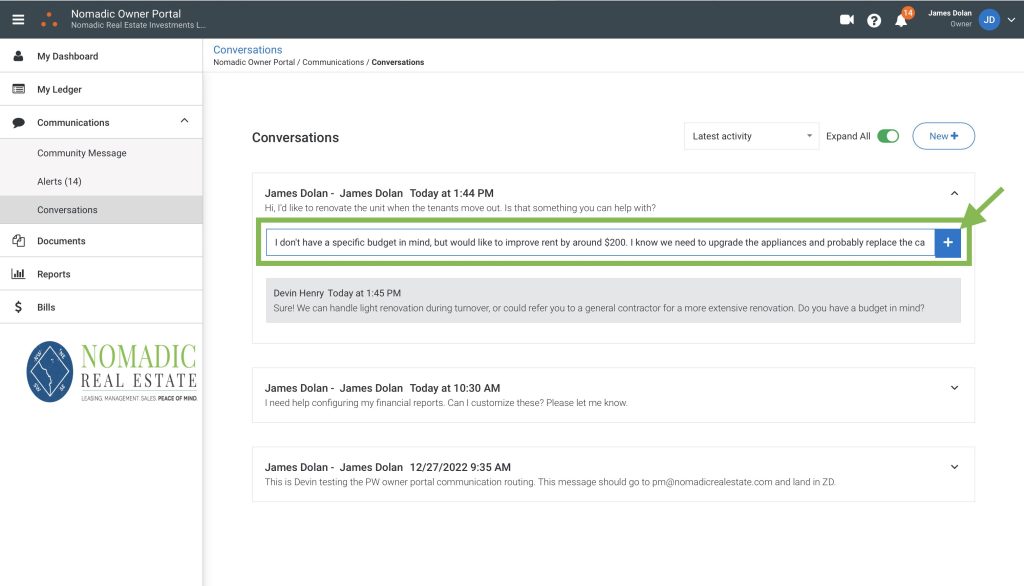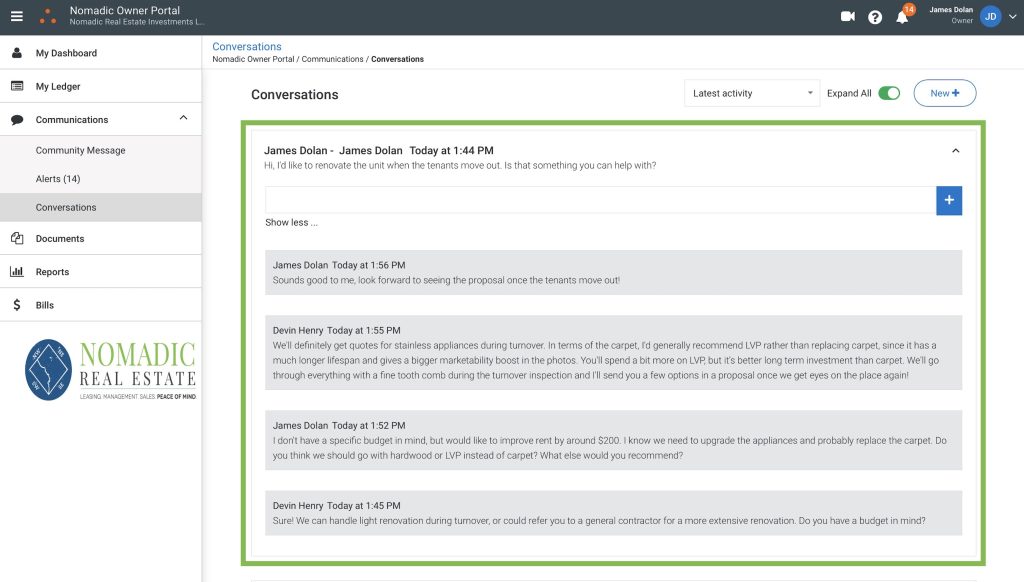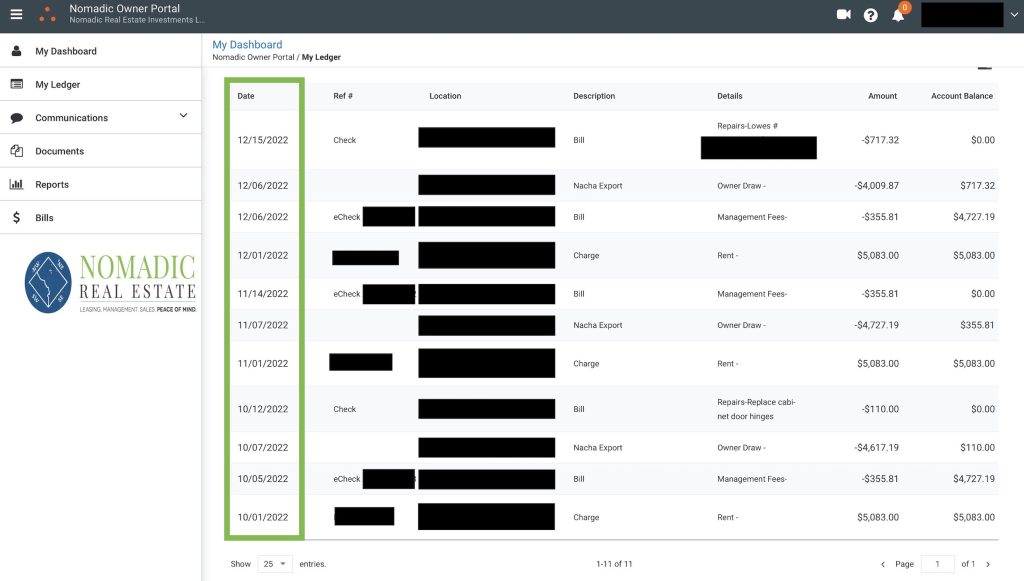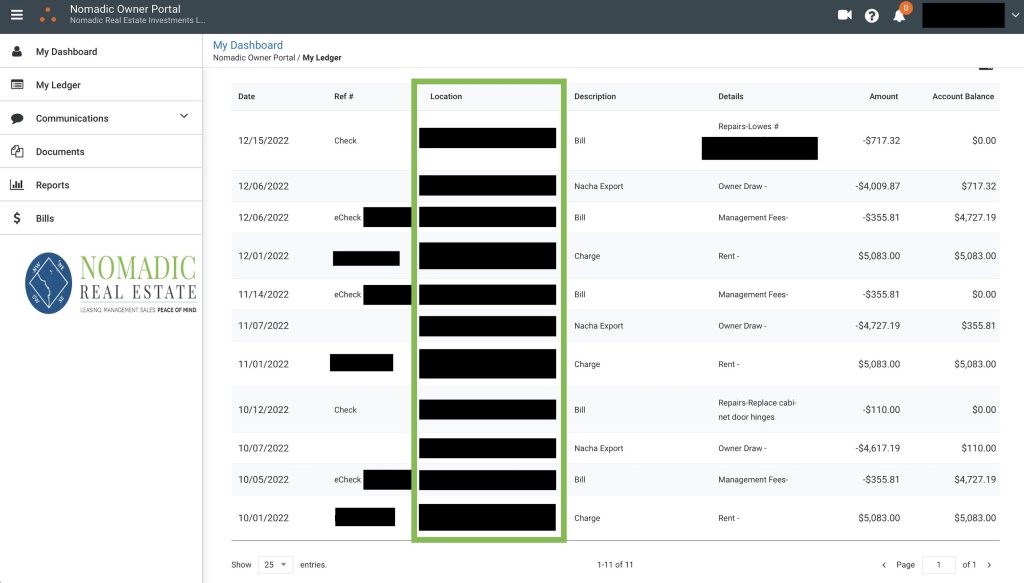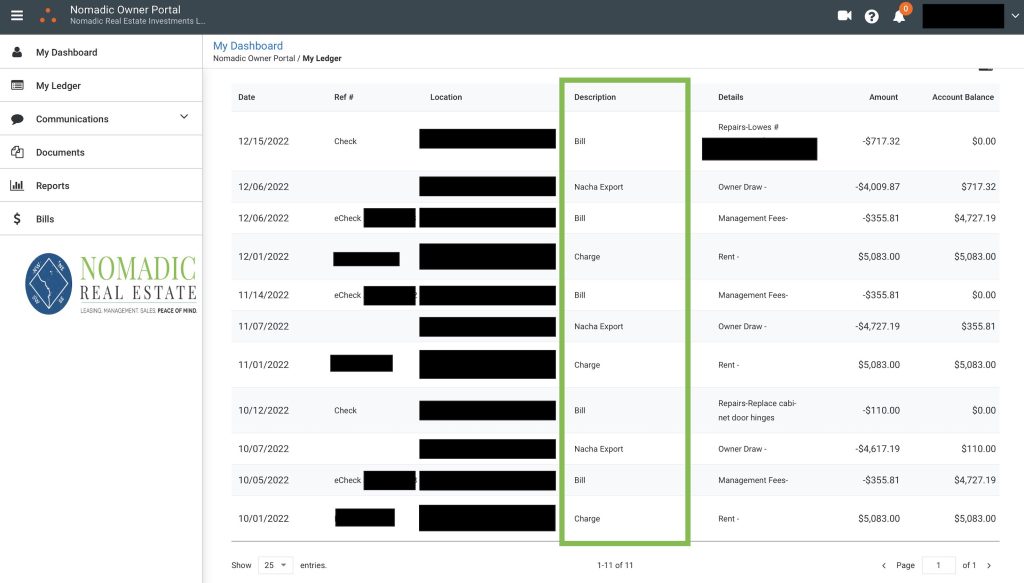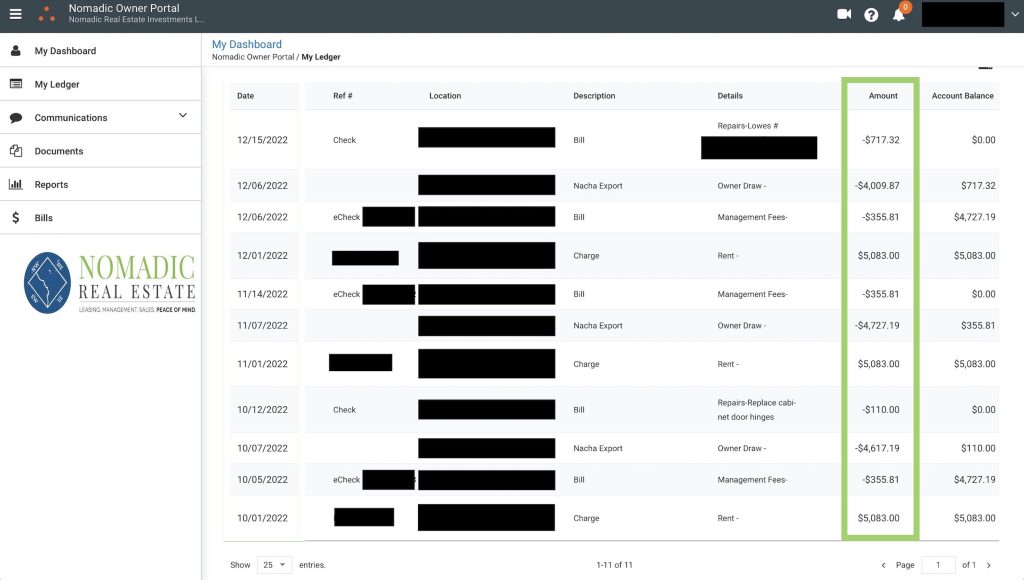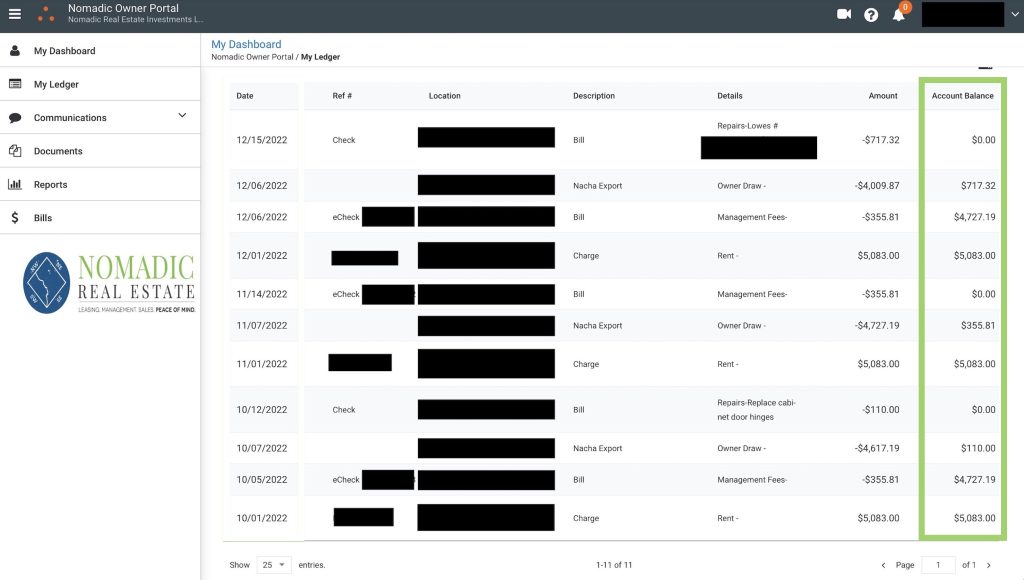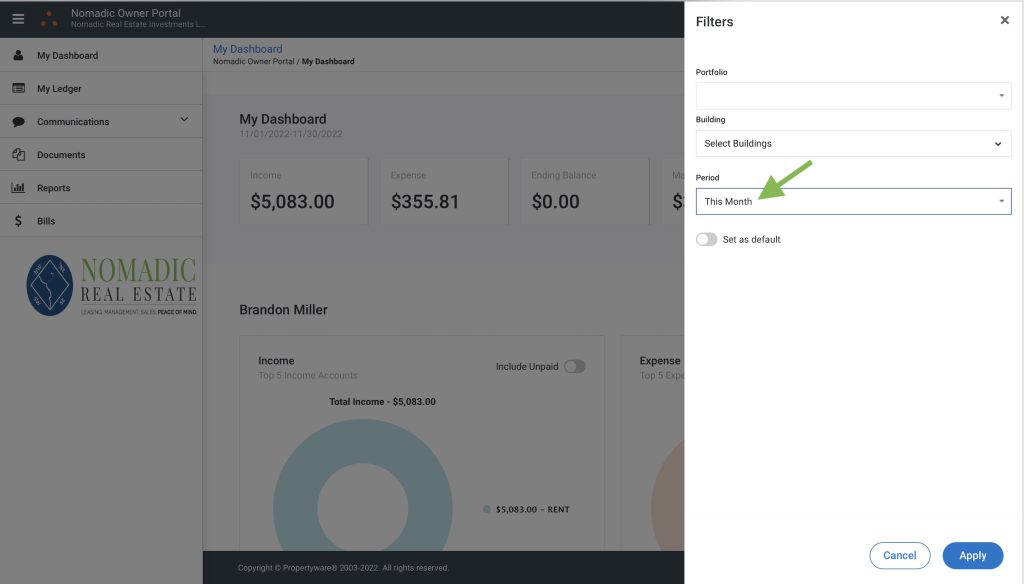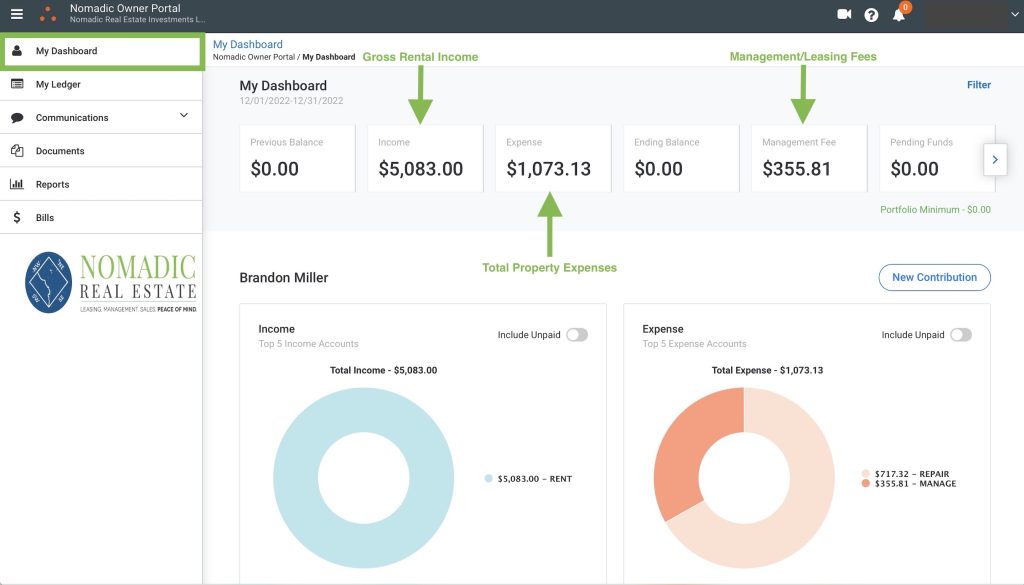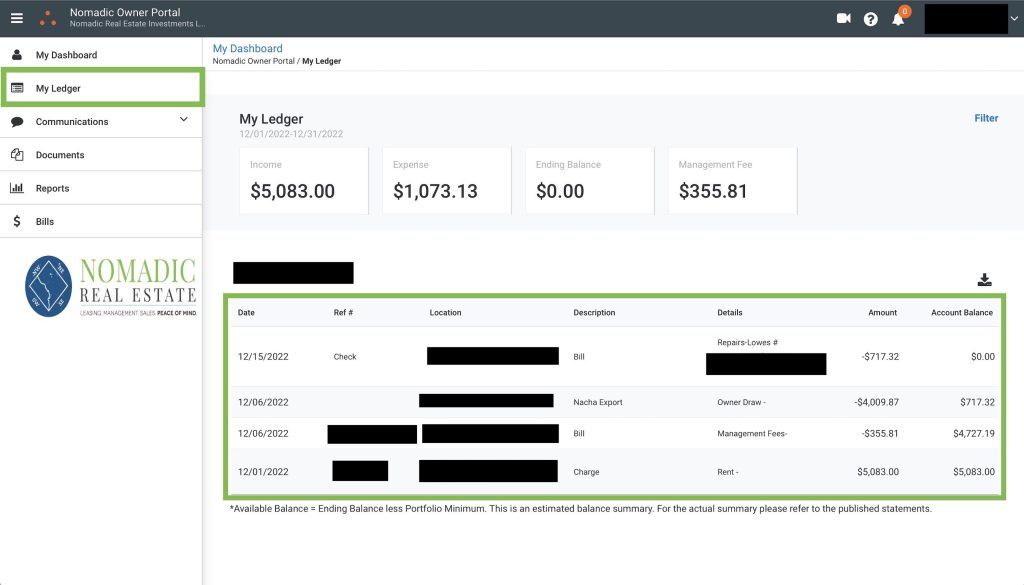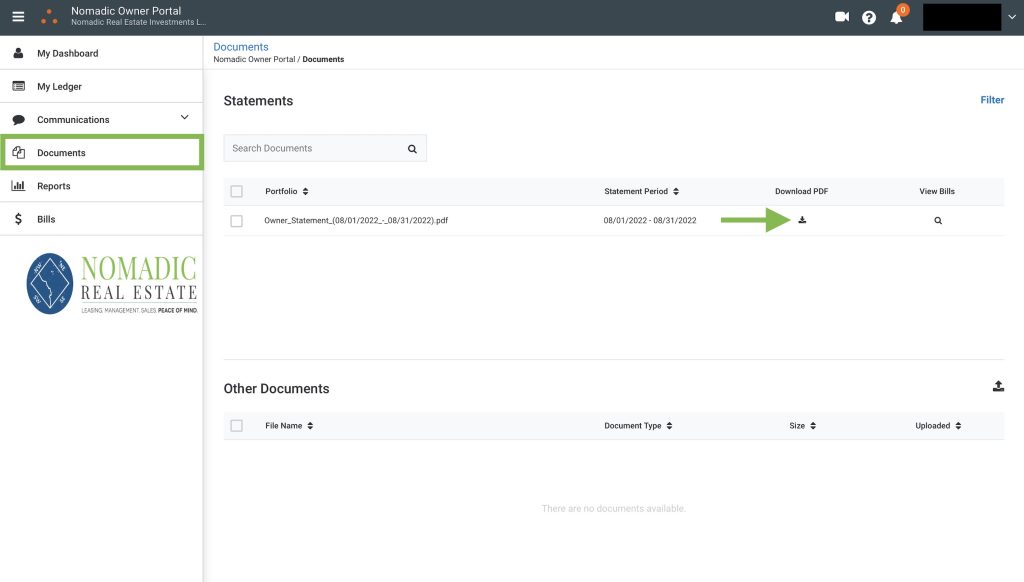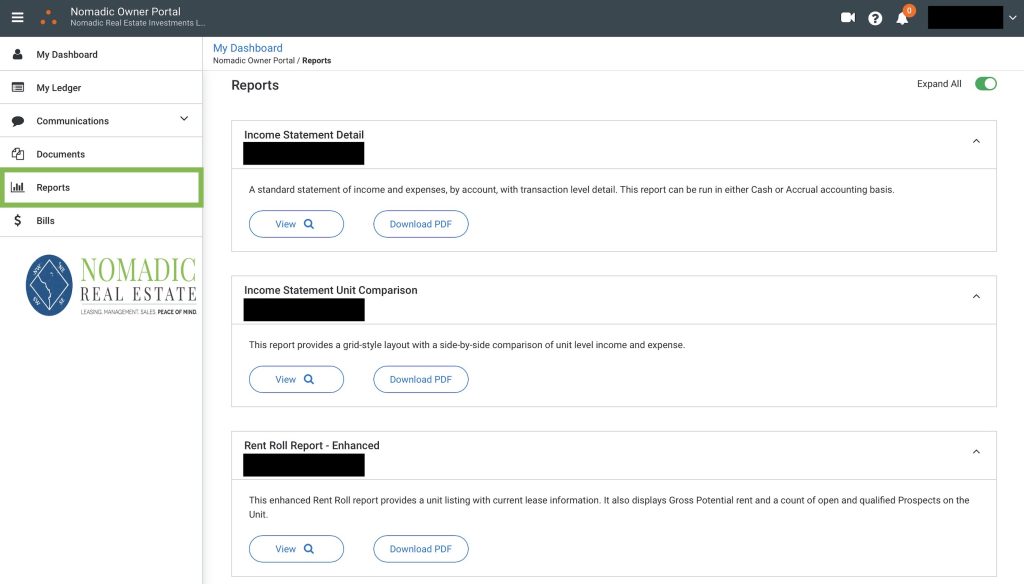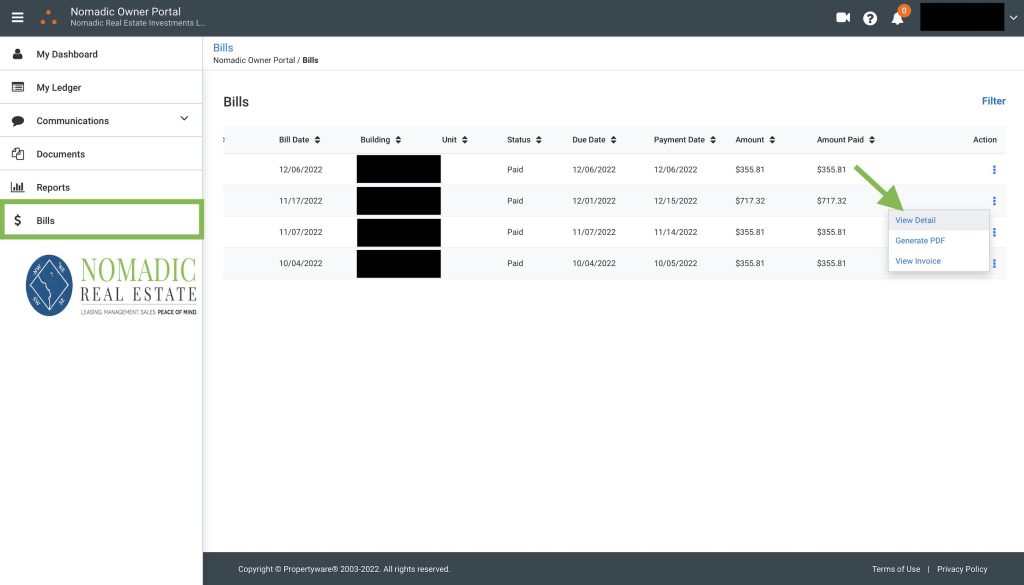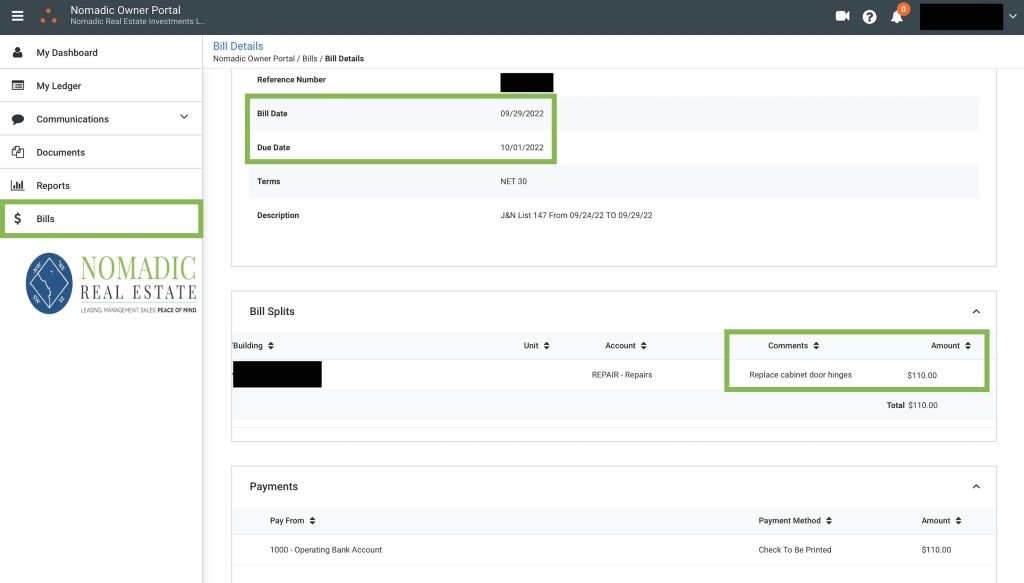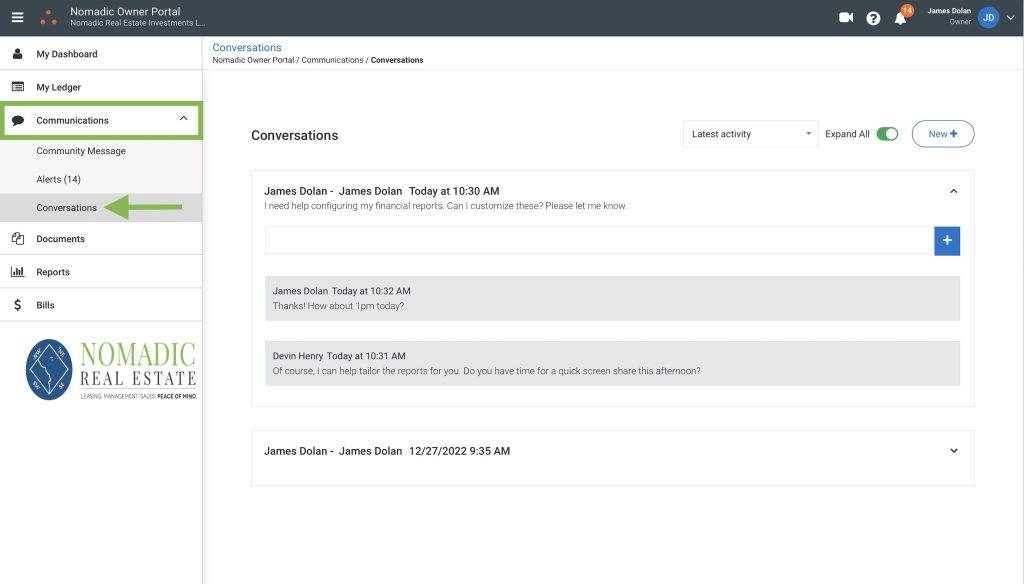Essential Insights: Key Takeaways for Buying Recreational Land
- Investment Opportunity: Buying recreational land is not just about securing a personal retreat; it’s also an astute investment that can offer long-term financial gains, providing a tangible asset that appreciates over time without the immediate concerns of traditional property maintenance.
- Key Considerations: Before purchasing, it’s crucial to understand zoning laws, ensure legal access, and consider the location’s proximity to amenities or natural attractions. These factors significantly impact the land’s usability and your enjoyment of it.
- Financial Planning: Understand your financial situation thoroughly, as buying recreational land often requires a large down payment and possibly shorter loan amortization periods, leading to higher monthly payments. Budgeting for ongoing expenses like property taxes is also essential.
- Tax Implications: Be aware of the property tax implications, which vary based on location and land use. Some states offer tax benefits for land that supports wildlife or other conservation efforts, potentially lowering annual costs.
- Evaluating Risks: The value of recreational land can be unpredictable, influenced by factors like zoning changes or natural events. It’s important to weigh the investment’s potential against its risks, considering both short and long-term outcomes.
- Recreational Potential: The land offers endless possibilities for personal enjoyment and engagement with nature, from hunting and hiking to bird watching and camping. Any development should align with local zoning laws to ensure harmony with the environment.
- Navigating the Purchase Process: Engage a land expert or realtor familiar with recreational properties to navigate the complexities of buying land, from identifying the right property to understanding zoning and legal access issues.
Do you want to escape the concrete jungle and retreat to your slice of nature? Picture this: you’re waking up to a breathtaking sunrise over rolling hills, or perhaps enjoying a tranquil sunset by a glistening lake. Sounds like you need to learn about buying recreational land.
The allure is undeniable – owning recreational land offers an escape from city life, providing the perfect setting for outdoor adventures and peaceful retreats. But did you know that buying recreational land can also be an astute investment move? It’s more than just an ideal spot for camping trips or family getaways.
It presents unique opportunities not found in traditional residential properties. Think of long-term financial gains without worrying about leaking roofs or lawn care.
Understanding the Importance of Buying Recreational Land
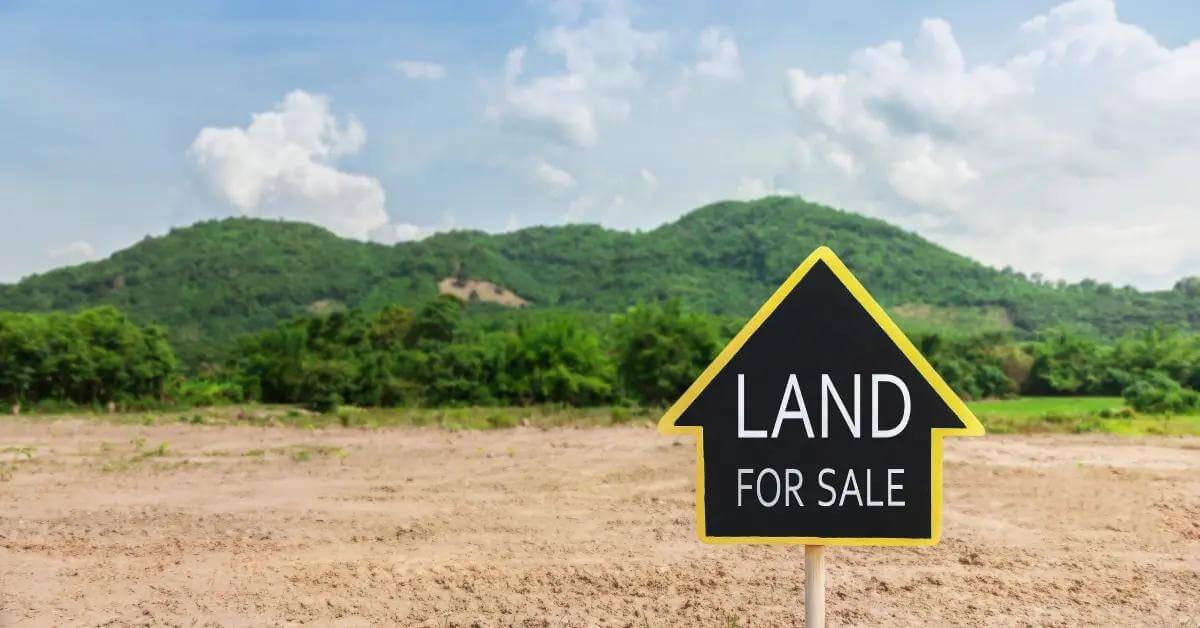
Purchasing recreational land can be a game-changer. It’s not just about owning property; it’s an investment opportunity that brings unique benefits. This type of real estate offers you a personal getaway, somewhere to unwind and enjoy nature away from city life.
Imagine this: instead of your money sitting in the stock market subject to volatile swings, it’s invested in tangible raw land. You’re no longer confined to financial graphs but free to roam on your piece of earth.
Owning recreational land is also an asset that grows over time, much like other residential properties or stocks might do – only with added perks. Not many investments let you camp under starlit skies or host weekend barbecues with family and friends while appreciating.
Key Considerations for Buying Recreational Land
Purchasing recreational land is an exciting venture. But before you dive in, let’s talk about some crucial factors.
Zoning Laws and Regulations
The zoning laws of the area can significantly impact what you’re allowed to do on your new property. It’s essential to understand these restrictions beforehand.
Access and Location
A vital aspect of buying land is ensuring legal access to it. Is there a public road leading up to the property? Also, consider its location relative to amenities or natural attractions that matter most to you.
Your intended use should also guide how much land you need – don’t forget that bigger isn’t always better.
Budgeting for Buying Recreational Land
When buying recreational land, understanding your current financial situation is key. You’ll need to plan for the large down payment that many lenders require.
Some folks might be surprised by the shorter amortization period of land loans. Unlike residential mortgages, which typically span 30 years, land loans can have terms as short as 10 or 15 years.
This could lead to higher monthly payments than expected. So make sure you’re financially ready before diving into this investment opportunity.
In addition to loan repayments and initial costs, ongoing expenses such as property tax should also be considered in your budget planning process. Remember – owning recreational land isn’t just about enjoying city escapes; it’s a long-term commitment with its own set of responsibilities.
Tax Implications of Buying Recreational Land
When you buy recreational land, the tax implications are an essential aspect to consider. One common concern is property tax.
The amount you pay can vary based on factors like location and how the land is used. For instance, if your plot of paradise has a cabin or other structures, expect higher taxes than raw land.
It’s essential to be aware that certain states provide tax benefits for particular purposes. Say your new piece becomes a sanctuary for local wildlife; this could potentially lower your annual bill.
You might think about buying in a different state with lower rates but remember: each area has unique rules and regulations concerning non-residential owners.
Evaluating Investment Risk in Recreational Land Purchase
Investing in recreational land could be a wise move, yet there are potential dangers to consider. Before investing in recreational land, it is important to consider the potential short and long-term outcomes.
Recreational land can offer financial gains if you’re patient. However, the value of raw land is more unpredictable than residential properties or stock market investments. Its worth could increase over time as demand for outdoor spaces grows, but it could also decrease due to changes in zoning laws or natural disasters.
A good rule of thumb when evaluating this type of risk is to compare potential earnings against what you would earn from other types of investments with similar risk levels. Consider seeking advice from experienced real estate professionals who specialize in buying recreational lands.
Exploring Recreational Activities and Potential
Recreational land offers a world of possibilities for outdoor enthusiasts. Whether it’s hunting on your private plot or creating food plots to attract wildlife, the opportunities are endless.
You can spend quality time on your recreational land doing what you love. You might be into bird watching, trail hiking or even camping under the stars – all these activities can turn into unforgettable memories.
Apart from that, some people take things up a notch by adding swimming pools or setting up an RV park. Just remember, any development should comply with local zoning laws and regulations to maintain harmony with nature while enjoying its beauty.
No matter how you decide to use your piece of paradise, owning recreational land lets you tailor experiences according to personal interests – truly making it a worthwhile investment.
The Process of Buying Raw Land
Embarking on the journey to buy raw land can seem daunting, but with a little guidance and know-how, it’s quite manageable. It starts by identifying your needs and what you’re looking for in recreational land.
You then need to start hunting for that perfect plot. There are various online resources available where owners list their vacant lands for sale. But don’t rush this process; take time to find a piece that fits all your criteria.
Once you’ve found potential options, reach out directly or through an experienced realtor specializing in land sales. They’ll help navigate zoning restrictions, access rights issues, terrain evaluation, and even development possibilities before finalizing any purchase.
Your next step is due diligence: make sure there are no liens or encumbrances against the property which might affect its use later on. And finally? Negotiate terms of sale. Remember: buying raw land isn’t just about finding a pretty spot – it’s about making smart financial decisions too.
Engaging a Land Expert or Realtor
When it comes to buying recreational land, having an experienced hand guide you through the process can be invaluable. This is where engaging a land expert or realtor comes in.
A knowledgeable realtor understands the nuances of land properties and helps ensure your investment meets expectations. They provide insights into potential issues like zoning laws, terrain complications, and legal access points that may not be apparent to the untrained eye.
In addition, these experts assist with navigating complex negotiations for undeveloped plots. Remember, when venturing into this unique branch of real estate – expertise matters. So consider partnering up with someone who knows their way around rec land before making your purchase decision.
Comparing Recreational Land to Other Investments
Investing in recreational land can be an enticing alternative to more traditional investments like residential properties or the stock market. Unlike city life, owning a piece of nature offers not just potential financial gains but also provides a sanctuary where you can escape from your daily routine.
The raw appeal of undeveloped land is hard to match with any residential property. There’s no worry about leaking roofs or lawn care. Instead, it lets you spend time under open skies and maybe even next door to a national park.
In comparison with volatile markets such as the stock market, buying recreational land could offer long-term stability. However, each investment type has its risks and rewards which need careful consideration based on one’s current financial situation.
To make sure your perfect plot doesn’t become an expensive lesson, consider getting help from experienced professionals who specialize in recreational properties before making your decision.
Financing Options for Buying Recreational Land
Most traditional banks are wary of raw land loans due to their perceived riskiness.
You’ll need solid credit and often a hefty down payment; many lenders require around 20-50%. A low debt-to-income ratio is desirable to lenders, with a goal of 0.40 or lower for loan affordability. Lenders prefer a ratio of 0.40 or less, which helps ensure the loan is affordable.
Another option could be owner financing where the seller acts as the bank, offering you terms directly without needing lender approval.
If these options don’t suit your current financial situation, consider partnering with others to buy recreational land together or look into grants and programs that help people purchase undeveloped land.
Buying Recreational Land Around DC? Contact Nomadic
So, you’re ready to step into the world of buying recreational land. It’s a journey packed with potential and promise.
Remember zoning laws matter. Understanding them is crucial before making any purchase. Keep in mind that budgeting for this type of investment requires careful planning.
From down payments to loan terms, it all counts towards your current financial situation. The tax implications shouldn’t be ignored either – owning recreational property comes with its own set of rules.
Assessing the potential risks and rewards will help you determine if recreational property ownership is a suitable investment for your long-term objectives. If you’re ready to learn more about your options for buying recreational land, contact Nomadic Real Estate.
Frequently Asked Questions
What Are the Benefits of Buying Recreational Land?
Recreational land is both a personal haven for nature and outdoor activities, and a tangible investment with potential appreciation. It promises long-term financial benefits with fewer maintenance worries compared to residential properties.
What Key Considerations Should I Keep in Mind When Buying Recreational Land?
When purchasing recreational land, it's crucial to consider zoning laws and regulations, as these can significantly impact what you're allowed to do on the property. Ensuring legal access to the land and its location relative to amenities or natural attractions is also vital. The intended use of the land should guide the size of the property you're looking to buy.
How Do I Budget for Buying Recreational Land?
When budgeting for recreational land, assess your finances and save for the substantial down payment often needed. Prepare for possibly higher monthly payments because land loans usually have 10 to 15-year amortization periods. Also, factor in recurring costs like property taxes.
What Are the Tax Implications of Owning Recreational Land?
Owning recreational land incurs varying property taxes based on location and use. Developed land usually attracts higher taxes than undeveloped parcels. Conservation lands may offer tax benefits, lowering obligations. However, tax regulations and rates differ significantly by state and for non-resident owners.
What Financing Options Are Available for Buying Recreational Land?
Traditional bank loans for recreational land typically need a good credit score and a 20-50% down payment. Owner financing offers direct terms from the seller. If these aren't feasible, consider partnerships or seek grants and programs aiding in land acquisition.










